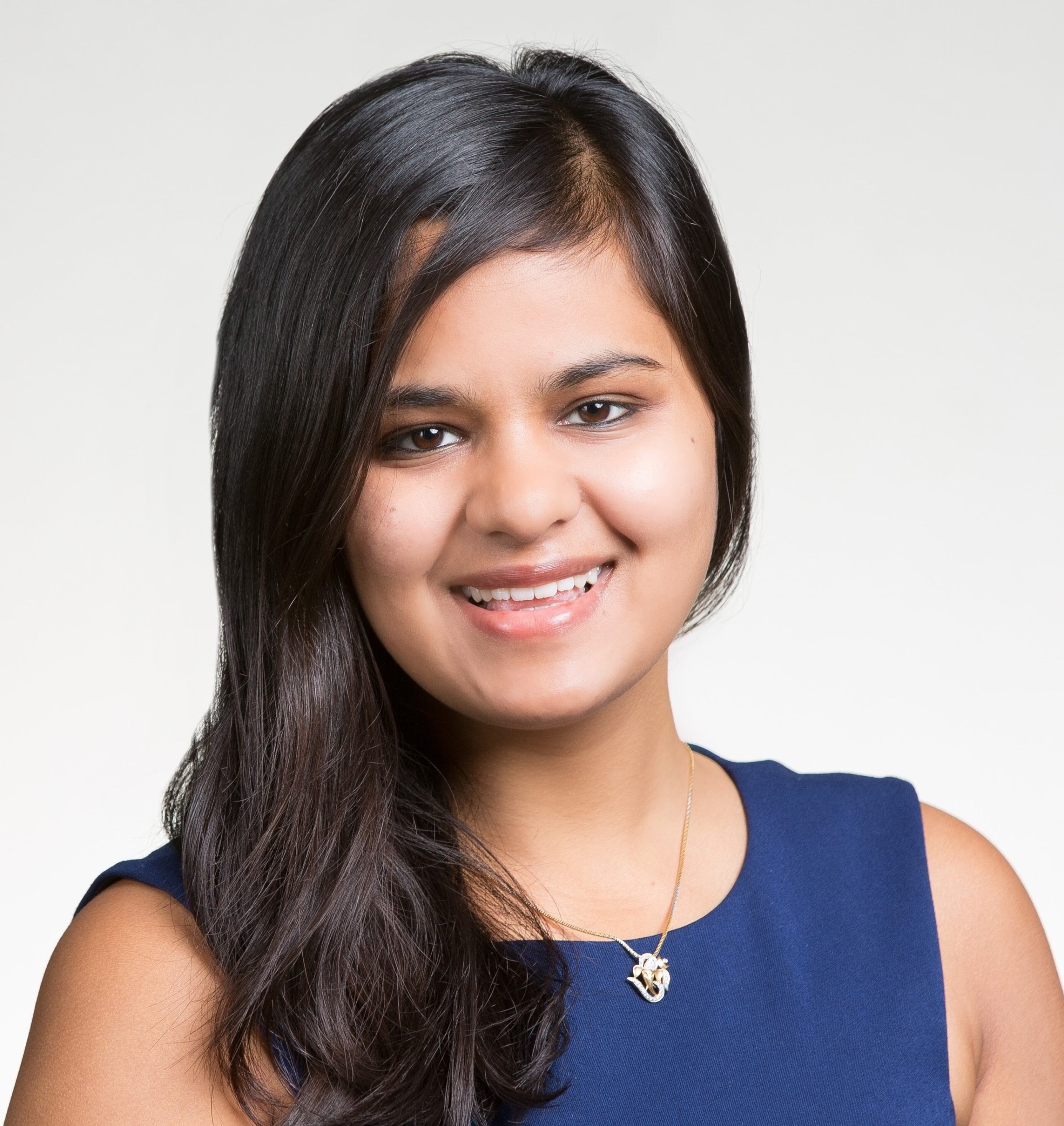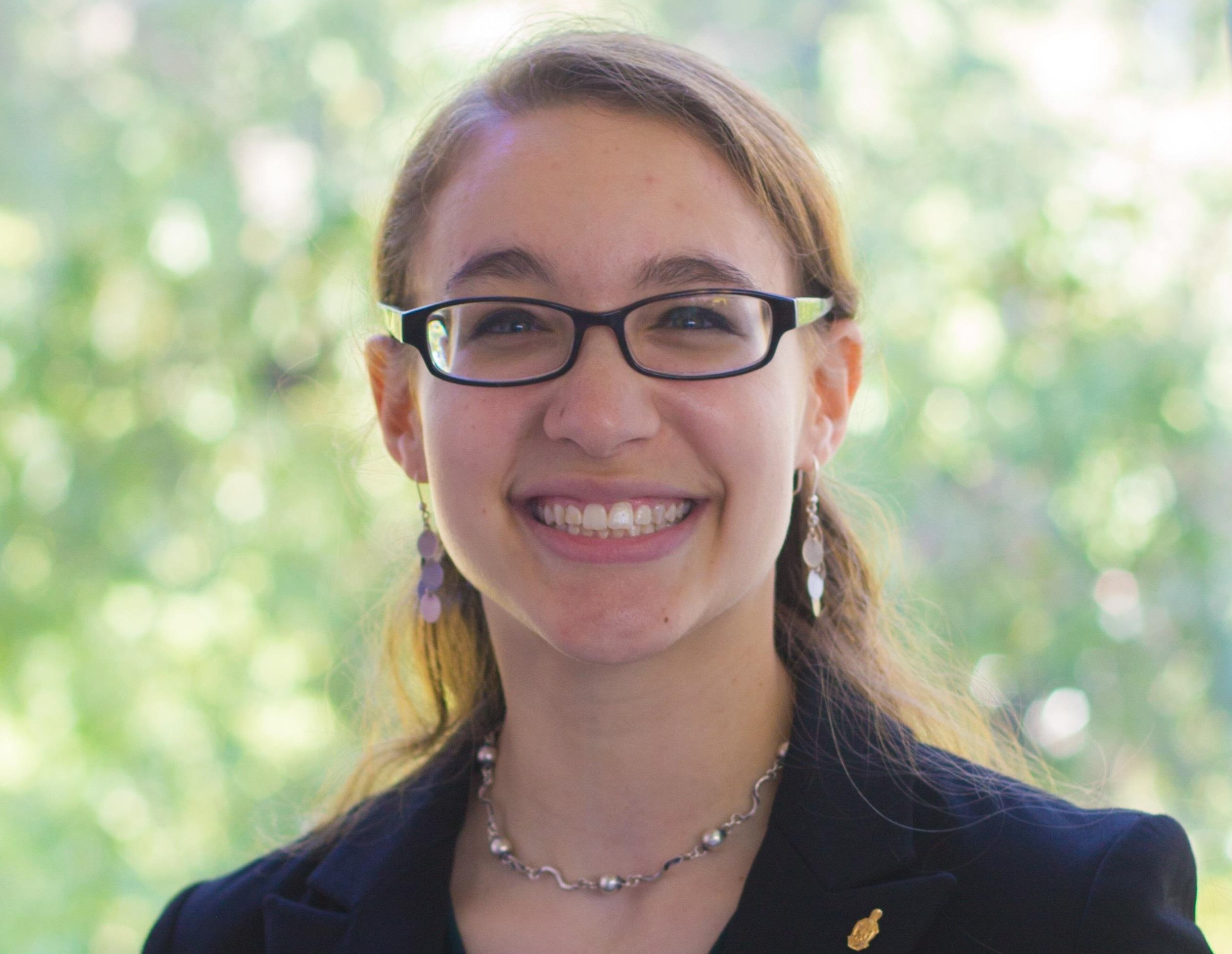Opinion: Helping beyond social distancing

As I sat at my desk reading cases in between patients, my preceptor sat next to me, scouring over the news of the novel coronavirus in Wuhan that had just made its way to the U.S. By the end of my family medicine rotation, COVID-19 had reached Georgia, and we found ourselves closing off the waiting room of the small rural clinic, performing one of our allotted three nasal swab tests for the virus in the parking lot, and hoarding our toilet paper and gloves in the back so patients wouldn’t keep walking off with them.
That was more than five months ago. Since then, the pandemic has quickly influenced every part of our lives, from the way we grocery shop to how aware we are of touching our face. For many of us, it has left us with at least a couple of scares, and even some tragedy, for both our health (physical and mental) and our financial security. Unfortunately, the battle is not over.
Now, more than ever, we need each other’s support. Countless heartwarming stories were shared in recent months as our communities put aside their differences to work together to help families, friends, businesses, and healthcare workers impacted by COVID-19. In some ways, this pandemic became a great equalizer because, truly, anybody could join the movement and make a difference. New leaders popped up overnight, established companies sprang into action in novel ways, and most importantly, every one of us had a role to play to protect each other.
Fellow medical students and I researched the gravest health system issues that had come to light as the number of cases grew exponentially. These included the lack of available PPE, the abrupt transition to telehealth services, the mental well-being of healthcare workers and the general population, and the rampant spread of misinformation. Working with healthcare workers and public health experts, we pinpointed the most pressing issues for our community and worked to alleviate them. We purposely pursued projects that did not require the majority of us to leave our homes. These projects have made a difference, all while socially distancing.


I urge each of you to continue to help your communities and play your part. Even if that means simply wearing a mask and continuing to social distance. I cannot emphasize enough the number of lives we may have saved from every small gesture. And here are some things that you can do to support your community and hospitals:
● Reach out to your local Department of Public Health to work, or volunteer to contact trace. We worked with Georgia’s Department of Public Health to expand this program across the state. You should be able to get easily trained and participate anywhere.
● Donate blood. Your donation can save 3 lives.
● Participate in COVID-related clinical trials to further our knowledge, such as donating to a convalescent plasma study near you.
● If you can, switch to telemedicine now. Protect both patients and healthcare workers. Teach the people in your family who may not be as tech-savvy, especially older people who’re already at higher risk for infection.
● Educate yourself and others around you using verified resources, such as the CDC. Offer resources in multiple languages. We even read and compiled literature reviews to make difficult scientific papers easier and quicker to understand.
● If you use social media, support mental health. Create positive content.
● Collect and deliver thank you notes to your local healthcare workers, first responders, and medical researchers. Any appreciation will make someone’s day, and could even save a life.
● Ask organizations such as mental health hotlines or your local hospital/clinic system how you can help. Trust us, we all need the help.
● Support your local homeless shelter, domestic violence safehouse, or nursing homes. Call and ask what they need, or sew a few masks to donate.
● Start an online fundraiser for your local healthcare hospital or clinic. Spend the money to support small businesses in our community, such as getting food delivered from a restaurant to a clinic.
● If you want to invest in new ideas, join an online COVID accelerator. They put together online communities from all backgrounds that actively work to solve COVID-19.
● Raise awareness for or donate to battle racial and socioeconomic inequity in our society. Check up on your friends and family who may be struggling.
● If you can, we strongly encourage you to wear a mask. The evidence is growing. If you have extra, donate ones you find to your local hospital or clinic. Even better, sew some to donate yourself using CDC guidelines.
● Stay home and stay safe! If you must interact in a larger space, such as at work or school, please continue to teach each other about symptoms such as fever, cough, difficulty breathing, nausea/vomiting, diarrhea, or inability to smell or taste. Know that there are asymptomatic carriers, and do your best to be aware of where you breathe and what you touch. Follow all quarantine protocols given by the CDC and the local DPH.
And last, but not least: Pay attention to those around you. Everyone is struggling with COVID in different ways, be it the 4-year-old having to learn what a mask is, to the elderly man in the nursing home in strict lockdown. Share a kind word. Help each other.
If you are a Georgia healthcare worker, or would like to learn more about our services, or if you would like to donate to our healthcare systems, please visit https://www.mcgcovidresponse.com/.
Shruti Gupta and Kyle Dymanus are both 4th-year medical students attending the Medical College of Georgia at Augusta University.


